Monroe County history: Books focus on successes of Black families in Monroe and beyond
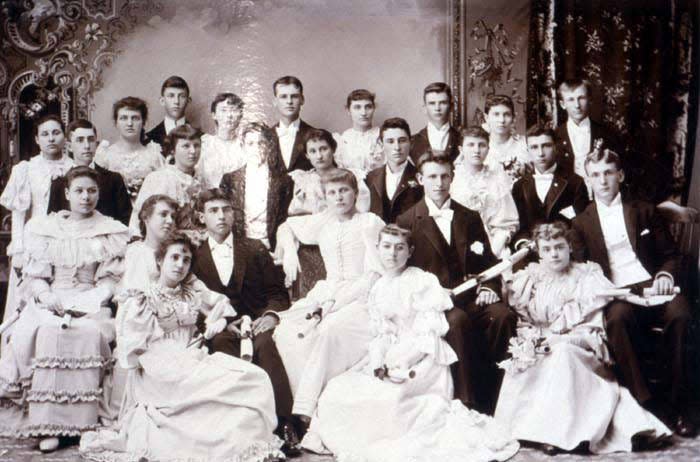
When I last wrote about Ella Foster Auther, younger sister of Black women’s suffrage leader Myrtle Foster Cook, I described Ella’s success as both a Monroe businessperson and proprietor of the popular Woodland Park -- a summer resort for African Americans located in Newaygo County’s Merrill Township.
At that time, the book "Woodland Echoes - A Cottage in My Heart", by Dianna Cross Toran had been recently published. Its pages include stories of family enjoyment and friendship among what had originally been an old lumber mill site stripped of its white pine.
It also pays homage to Ella’s youth in Monroe and family’s successful livery business, 23-acre fruit/dairy farm (named the Willow Bend Dairy), and confectionary and candy business (opened in 1899 and located at 9 West Front Street in Monroe near the Foster’s family home on the corner of E. 6th Street and Scott Street and named the “Sugar Bowl”) .
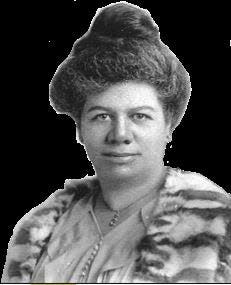
Now, Toran has written a sequel to "Woodland Echoes - A Cottage in My Heart", which is aptly titled, "Shadows Beyond the Pines: A Story about Woodland Park Michigan, A Black Resort During Segregation."
The new title – published by Xlibris -- has been nominated for a Michigan State History Award from the Historical Society of Michigan in the books - private printing category. Like the first book, Toran’s second book celebrates the Black individuals and families that came from across the U.S. and brought their culture and 20th century economic successes to the Woodland Park community.
Toran’s references to Ella’s life in Monroe include her mother’s contributions to the Monroe Ladies’ Aid Society (which met frequently at the Foster home), the pioneering efforts of the Sugar Bowl (identified as Monroe first soda fountain, which was later franchised to include a location in Ann Arbor), and the musical prowess of both Ella and Myrtle (both were students at Gale’s Monroe School of Music).
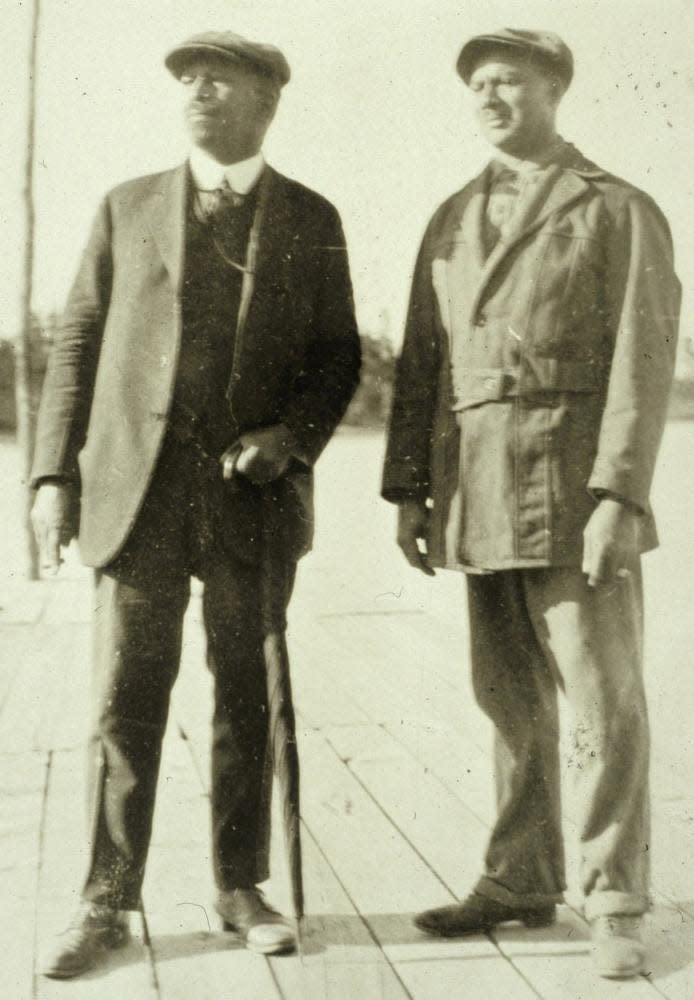
As profiled in "Shadows Beyond the Pines: A Story about Woodland Park Michigan, A Black Resort During Segregation", Ella and husband Marion Auther (who she married on April 26, 1905) relied on an eclectic mix of people to weave the fabric of the Woodland Park community. New stories about W.E.B. Dubois, John Overton and Hallie Q. Brown are told alongside those such as the story of Antoine Prosper Plaut who was credited with inventing the automotive carburetor (U.S. Patent Number US1204901A). Another pioneering visitor was Bishop Reverdy Ransom (friend of Hallie Q. Brown) who was appointed in 1936 by newly-elected Ohio governor Martin L. Dewey as the first Black board member on the Ohio Board of Pardon and Parole.
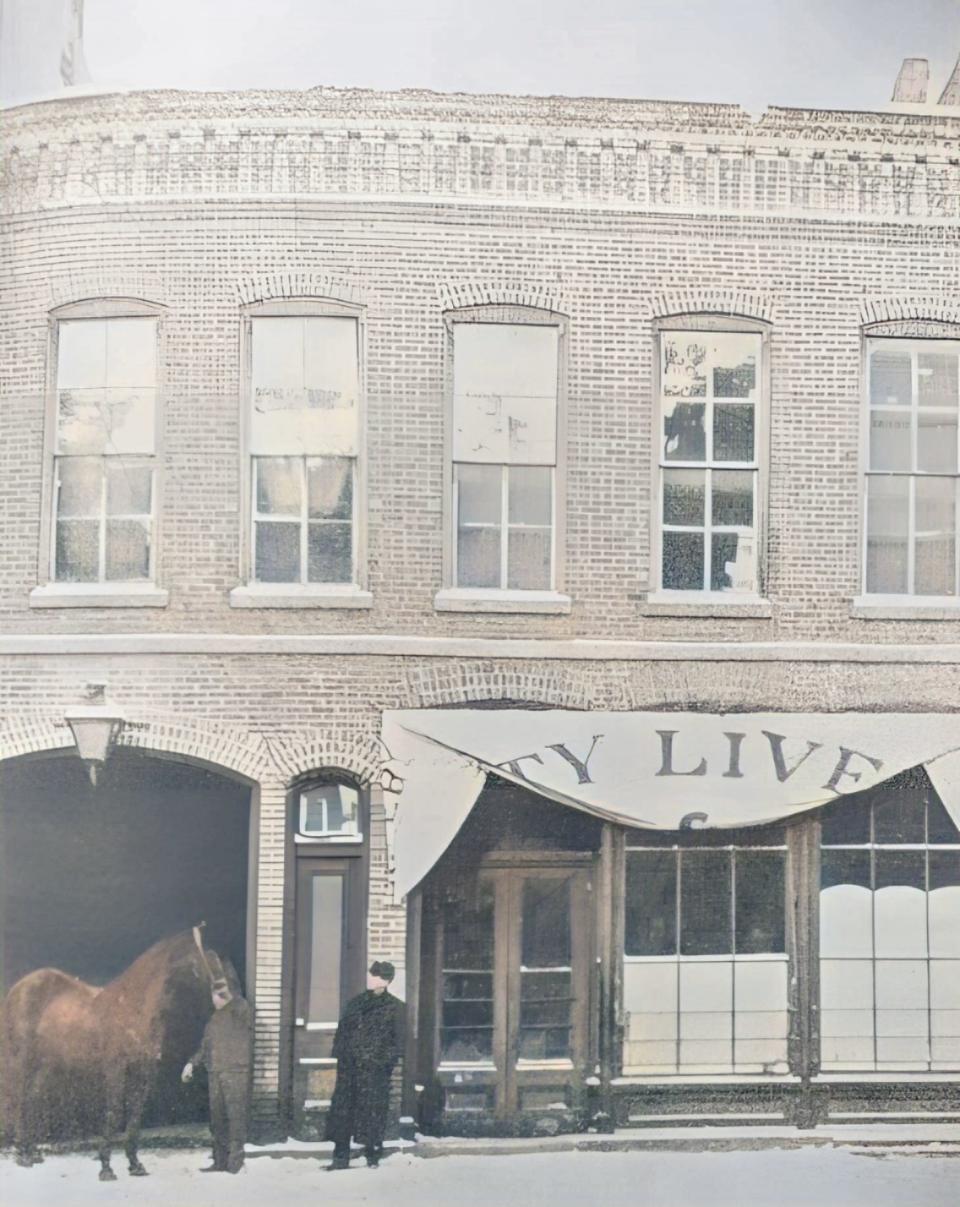
The success and reputation of Woodland Park can be traced to Ella’s enthusiasm, tenacity, and marketing acumen. As Ella wrote in an advertising article, “What Does Woodland Park Mean to You?”, she said, “It offers you the opportunity of bringing to a full realization your fondest dreams, the dreams and ambitions of everyone who has the desire to better himself physically, mentally and morally. It is absolutely essential to the well-being of everyone who is compelled to earn his livelihood and the nerve racking turmoil of a great city that he spend a portion of each year some place where he can throw off the cares and worries of his monotonous, routine life…meeting and mingling with his friends and acquaintances in such a place, give himself up to pure, unalloyed pleasure and recreation.” The article ends with a call to purchase lots at Woodland Park, “Be one of the progressive ones and act now.”
Ella Foster Auther died suddenly on November 22, 1941 at age 68.
Tom Adamich is President – Visiting Librarian Service, a firm he has operated since 1993. He also is Project Archivist for the Greening Nursery Company and Family Archives.

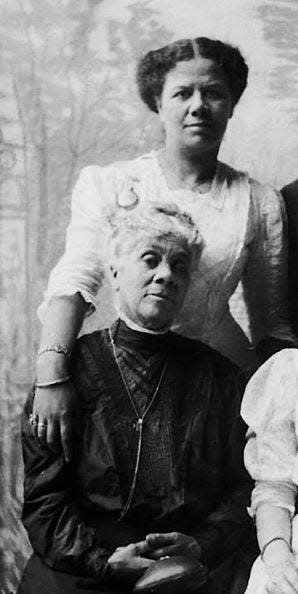
This article originally appeared on The Monroe News: Books focus on successes of Black families in Monroe and beyond

